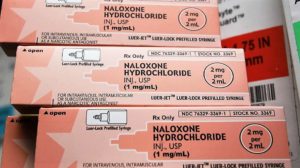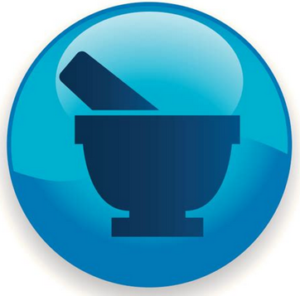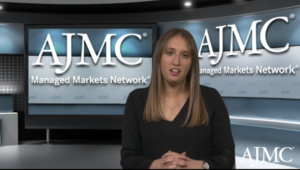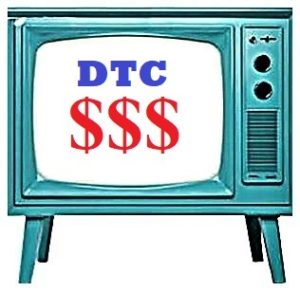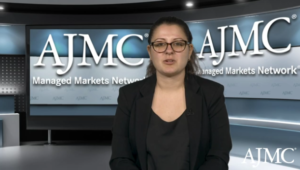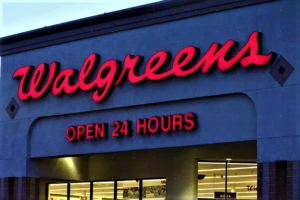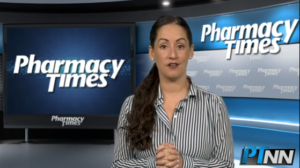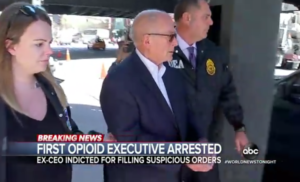- Opioid overdose deaths decline when pharmacists can dispense naloxone (reuters.com)Association Between State Laws Facilitating Pharmacy Distribution of Naloxone and Risk of Fatal Overdose (jamanetwork.com)
In states where pharmacists were allowed to sell the potentially lifesaving opioid antidote naloxone without a prescription, fewer people died from opioid overdoses...The passage of laws that let pharmacists sell naloxone directly to patients was associated with a nearly 30 percent drop in the number of opioid overdose deaths compared to states without pharmacist dispensing, researchers report in JAMA Internal Medicine...When the researchers examined the laws involving naloxone prescriptions, they found that few states had any form of legislation before 2010. By 2016, 47 states had passed some sort of law regarding the life-saving medication, but only nine had laws giving authority to pharmacists to sell naloxone directly to patients...READ MORE
- The State of Specialty Pharmacy 2019: Industry Trends and Photos from #Asembia19 (drugchannels.net)
FOUR TAKEAWAYS ON THE STATE OF SPECIALTY PHARMACY IN 2019
1) Specialty drugs continue to drive the pharmacy and PBM industries, though growth is slowing.
2) The larger independent specialty pharmacies are pulling ahead.
3) Many smaller independent pharmacies are struggling—and want to cash out.
4) Hospitals and health systems are battling—and partnering with—PBMs over specialty pharmacy
...READ MORE - Opinion: Big Storm Brewing for American Specialty Pharmacies and Patients (drugtopics.com)
Specialty pharmacies dispense some of the most expensive, sensitive, and life-saving medications to patients, the kinds of medications that can cost more than $100,000 a year. Unfortunately, the way these prescriptions are being filled today is often chaotic and ripe for fraud, is different in each state, and potentially is about to get even worse for patients...When new prescriptions come in to these pharmacies, they go through what is often a very slow prescriber credential verification process that can involve manually calling or looking up licenses for the prescribing physicians on various board websites. When refills arrive, the pharmacies usually don’t verify prescriber licenses at all. The prescriber’s license could have expired, or the physician moved to a new state, had their license revoked, retired, or passed away...This means that patients are sometimes getting drugs from unlicensed prescribers or are being kept waiting for medications because of slow manual verification. It’s a process that lets through a lot of fraud and abuse...READ MORE
- This Week in Managed Care: April 26, 2019 (ajmc.com)
Jaime Rosenberg, welcome to This Week in Managed Care from the Managed Markets News Network
- U.S. government to require drugmakers to show prices in TV ads (reuters.com)Price Check On Drug Ads: Would Revealing Costs Help Patients Control Spending? (khn.org)Now that Trump's forced drug prices into ads, what's next? Lawsuits and compliance, for two (fiercepharma.com)
The Trump administration...said it will require drugmakers to disclose the list price of prescription drugs in direct-to-consumer television advertisements, part of the government’s efforts to lower costs for U.S. consumers...The list price would be included if it is equal to or greater than $35 for a month’s supply or the usual course of therapy. The U.S. Department of Health and Human Services said that the 10 most commonly advertised drugs have list prices ranging from $488 to $16,938 per month or usual course of therapy...TV advertising requirement would work to drive down list prices alongside a recently proposed rule aimed at requiring that drug rebates, or discounts, be passed on to Medicare patients when they buy the drugs...The advertising rule...was originally suggested as part of President Donald Trump’s “blueprint” to lower U.S. drug prices...READ MORE
- This Week in Managed Care: May 3, 2019 (ajmc.com)
Samantha DiGrande, Welcome to This Week in Managed Care from the Managed Markets News Network
- Walgreens to raise tobacco buying age to 21 in September amid FDA pressure (cnbc.com)Rite Aid raises tobacco buying age to 21, following Walgreens’ lead (cnbc.com)
Walgreens is increasing the age to buy tobacco at its drugstores to 21 later this year as the retailer faces possible sanctions from the Food and Drug Administration for allegedly selling to minors...The FDA put Walgreens “on notice” in February, accusing the pharmacy chain of violating rules that prohibit selling cigarettes and other tobacco products to underage buyers. Walgreens, the FDA noted, is currently the top violator among pharmacies that sell tobacco products. Some 22 percent of Walgreens locations inspected by the agency caught employees illegally selling tobacco products to minors...READ MORE
- German health minister Spahn promotes use of ePrescriptions at the DMEA 2019 (healthcareitnews.com)
The ePrescription is intended to generate added value for patients in Germany - and to stimulate digitisation in the healthcare market...The ePrescription is to be established in Germany by 2020. In April, German health minister Jens Spahn spoke at the DMEA 2019 (formerly conhIT) in Berlin about its benefits and opportunities in Germany...discussed the...implementation and the added value resulting from ePrescription and other online services for digitising the German healthcare system... The e-recipe will bring real added value. If we combine it with on-line consultations or pharmacy delivery services, the range of services offered to patients will be extended to bring the digital component to healthcare...READ MORE
- May 3 Pharmacy Week in Review: Health Care Providers Urged to Encourage Parents to Vaccinate Their Children, Study Demonstrates Safety of Oral Immunotherapy for Peanut Allergy (pharmacytimes.com)
Nicole Grassano, PTNN, Pharmacy Week in Review, this weekly video program provides our readers with an in-depth review of the latest news, product approvals, FDA rulings and more.
- Feds charge Rochester Drug Cooperative and CEO in first criminal case over opioids (abcnews.go.com)
Federal prosecutors charged drug distributor Rochester Drug Cooperative and its former CEO with drug trafficking charges...the first criminal charges for a pharmaceutical company and executives in the nation's ongoing opioid crisis... This prosecution is the first of its kind: executives of a pharmaceutical distributor and the distributor itself have been charged with drug trafficking...The U.S. Attorney's Office for the Southern District of New York charged Rochester Drug Cooperative...with "knowingly and intentionally" violating federal narcotics laws "by distributing dangerous, highly addictive opioids to pharmacy customers that it knew were being sold and used illicitly,"...RDC was also charged with failing to properly report thousands of suspicious orders of oxycodone, fentanyl and other controlled substances to the Drug Enforcement Agency...READ MORE

